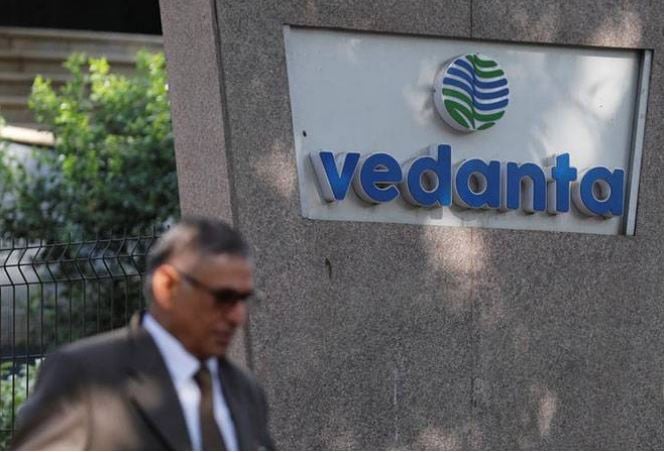The Supreme Court on Wednesday refused mining giant Vedanta’s plea for the immediate reopening of the Sterlite copper plant at Tuticorin. Denying interim relief, a three-judge Bench headed by Justice Rohinton Fali Nariman postponed the case for detailed hearing in January 2021. Vedanta had approached the Apex Court challenging the Madras High Court decision rejecting its request to reopen the Sterlite copper plant.
In 2018, the Tamil Nadu State Pollution Control Board (TNPCB) had shut down the plant citing violations of environmental laws. Later, the plant had turned into a protest site. The protest took a violent turn on its 100th day when police opened fire on the protesters, leading to several civilian casualties.
Senior Advocate Abhishek Manu Singhvi, representing Vedanta, submitted on Wednesday that the plant provides direct employment to 4,000 people and fulfils 36% of the country’s copper needs. He claimed India is becoming dependent on copper imports after the shut-down of the plant. He submitted all necessary approvals and environmental safeguards were in place.
Earlier, the Tamil Nadu government had opposed the plea after the TNPCB said the plant was a consistent polluter. The government had submitted in his report that the interim arrangement to reopen the plant cannot be given particularly since the High Court had upheld the TNPCB order for closing the plant.
Tuticorin villagers had opposed the order of reopening of Sterlite plant even on a trial basis. The villagers had said the drinking water was poisoned and people had contracted cancer. They said even the HC ruled such a plant can’t be set up in a residential zone. They have no regard for law, environment. They pointed out that the TNPCB didn’t act all these years.
Also Read: Surveillance: Delhi HC seeks Centre’s response on plea alleging citizens’ breach of privacy
Earlier in February 2019, the Supreme Court set aside the National Green Tribunal order allowing the reopening of the Sterlite plant, on the ground that the NGT did not have the jurisdiction to entertain the case. However, Vedanta was allowed to move the High Court against the orders passed against it.


